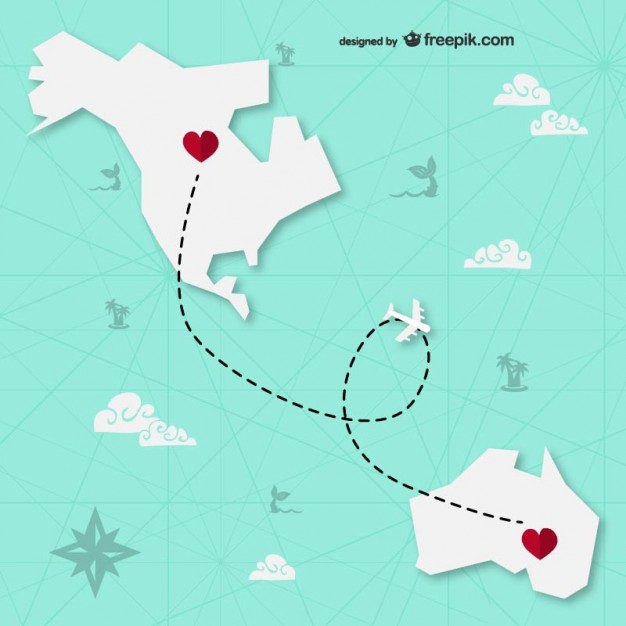The Importance of Destination Management
 As we all know by now, the hospitality industry is a highly competitive one, we can clearly see how the nature of this competitive environment is highly dynamic but also how the control and foreseeing market demand is decreasing not only for emerging business but also for established ones.
As we all know by now, the hospitality industry is a highly competitive one, we can clearly see how the nature of this competitive environment is highly dynamic but also how the control and foreseeing market demand is decreasing not only for emerging business but also for established ones.
Successful management is not only limited to the borders of your own little business but is based upon many factors such as: organization of local resources, co-ordination and management of local tourist production, control and management of local stakeholders and finally management of the value produced by the tourism system.
As the tourist demand changes so does the destination, or better yet the products of the destination. The variety of products depends on the local resources and the variability depends on the capabilities of developing, organizing and promoting these resources.
In the last two decades, there has been a dilemma, “Do we need product management or destination management?”. Turns out that by developing the destination management, we are able to offer more alternatives for our product.
This post will be discussing the benefits of Destination Management, who are the main actors and how to successfully participate.
The key question in the travel and tourism industry is: Where do I want to go? The destination is the answer. Just by answering this question we already know how important that certain destination is. People travel for a lot of reasons, to explore, to escape, to relax or to understand; but at the core is always the destination. The market decides the boundaries of a destination; it can be a whole country or a single location within that country.
The Value of the Destination
We all know that the value of the destination starts from the tourist’s home: thinking about the trip, then searching for it, booking, the first step off the plane and the first encounters, all of these add significant value to the destination.
Why the Hotel Facilities Lose their Value?
Most hotel operators focus on promoting the hotel attractiveness, their facilities, this is how they try to attract their guests. Why not leverage what is surrounding your hotel, make your guest go out and explore, experience a win – win situation. The guest is happy that they actually experience the country, not just the hotel, the hotel is happy as the cost is going down. Not having your guest 24/7 in the hotel you can benefit on utilities reduction, staff worn-down, F&B cost reduction and so on; not only this but the small business outside your hotel will thrive too.
 So, then if your location is so unique, what are you doing to effectively promote it?
So, then if your location is so unique, what are you doing to effectively promote it?
If you think the only special characteristics of your hotel are the tangible elements such as your Spa, your Restaurant and so on then you are entering the commoditization gap. This means you and your competitors are the same, you are just offering the same service with small adjustments, fighting for the same slice in the market share. Avoid this pitfall and think again, we live in the world of digital platforms such as TripAdvisor and HolidayCheck, these whole range of hotel features have already been commoditized.
Always remember your guest will first choose the destination, so if the destination brand is weak then the chances of your hotel to be picked are also low.
This is where the concept of “Destination Management” makes its way in. hoteliers should make a shift in the way they view and market their business: move away from promoting your hotel as the destination, but rather the location where it is based.
Hotels should view their location as a brand, the idea is to leverage the unique assets that are around such as historical places, landscapes or attractions. This strategy can also be referred to as “Place Branding”.
 They key is to create and then sell a value proposition to the consumer that is consistent with the hotel’s location. Promotion and concept definition must be harmonized with the location assets and the hotel in order to create a unique brand story.
They key is to create and then sell a value proposition to the consumer that is consistent with the hotel’s location. Promotion and concept definition must be harmonized with the location assets and the hotel in order to create a unique brand story.
Quick Rundown on how You Can Improve the Destination Management
- Map out the true assets of the destination
- Audit the visitor experience – get to know what your guests want and like
- Audit the residence experience – get to know your locals, maybe they have some unique propositions to offer
- Build partnerships – contact local establishments, identify opportunities collaboratively
- Last but not least, find your USP (Unique Selling Point) why should a guest pick you and not another location
Think outside of the gates of your hotel, offer your guest a unique experience!




